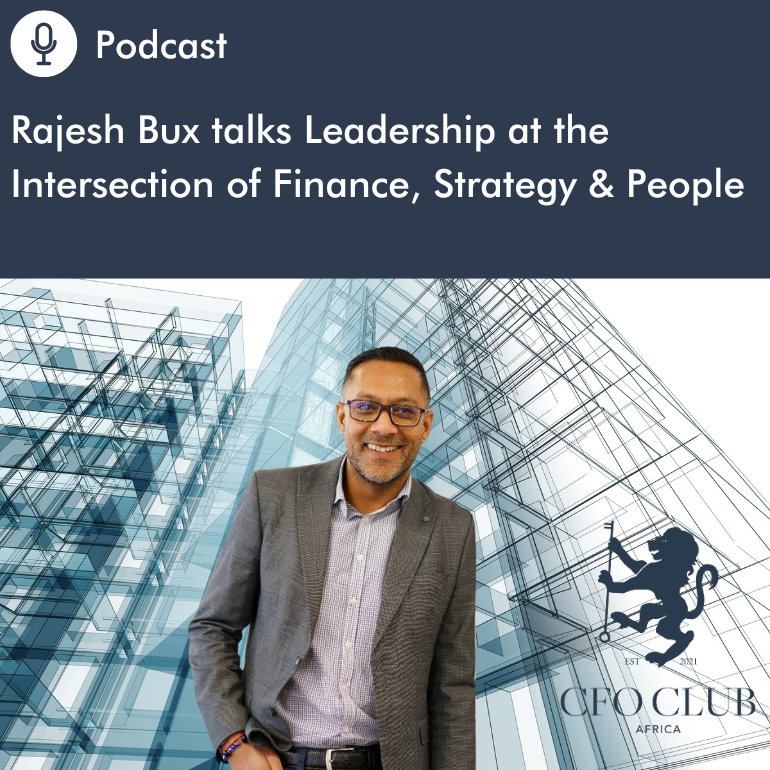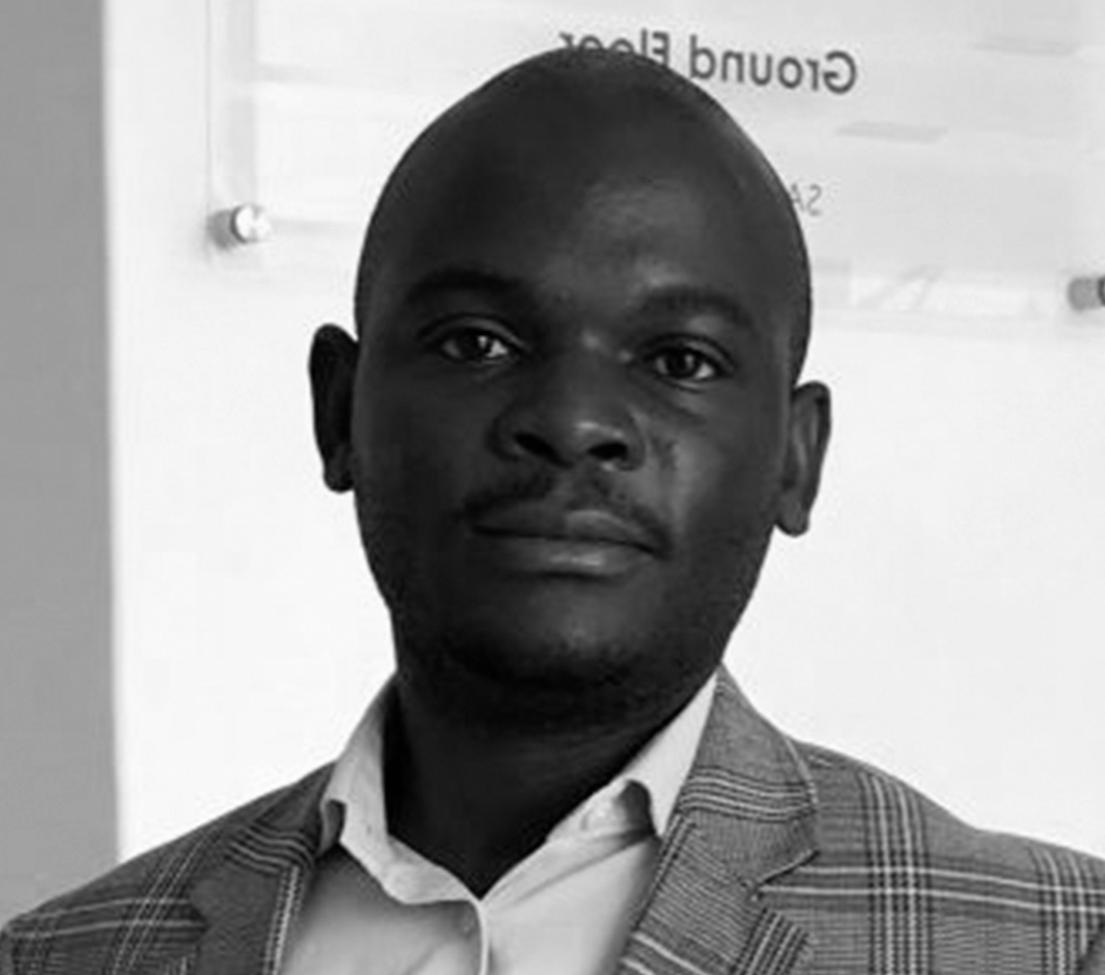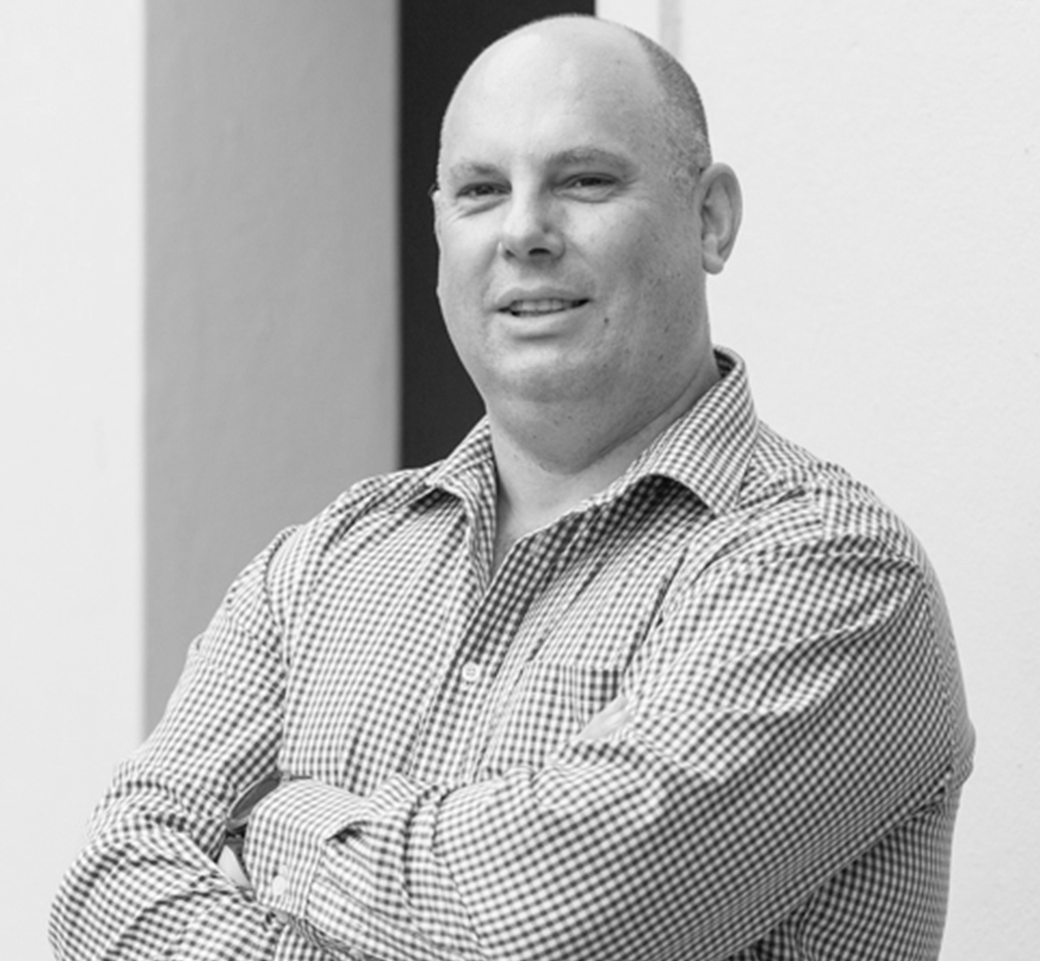From Insight to Foresight
Rajesh explained that as CFO, his role is to interpret data. As interim CEO, that shifts to shaping strategy: “As CFO … you focus on numbers, controls, and capital. But stepping into the CEO role widens the lens … now thinking about people, culture, vision, strategy.” This narrative mirrors the four-fold CFO role outlined by CFO Club: Steward, Operator, Catalyst, and Strategist. Rajesh is the embodiment of this framework—balance discipline with innovation.Cost Reviews: Building Resilience, Not Just Cutting Costs
When guiding cost-reduction initiatives—especially in fast-moving industries like telecoms—Rajesh emphasises protecting strategic enablers. A standout example is from his time at Neotel:- Neotel case study: He delivered R150 million in annual savings by strategically targeting non-essential costs first, preserving people, systems, and customer-facing operations.
Governance, Ethics & Whistle-blowing: A Moral Responsibility
Rajesh recounted his role during the Neotel sale (circa 2014–15), where he insisted on full transparency amidst pressure to cut corners. He set up whistle-blower channels and was an early voice in events culminating in the Zondo Commission: “I involved auditors, lenders—everyone… It’s important to take full disclosure seriously.” His courage underscores the CFO’s role as moral compass—a sentiment echoed in best practices for finance leaders today.The Tech-Savvy CFO: Why IT Fluency Is Crucial
Rajesh’s background in IT gives him an edge in understanding digital systems—a critical advantage in today’s finance environment:- He stresses the importance of knowing your backend to tackle AI adoption, cyber risks, and system integrations.
- As highlighted in Personiv’s “Tech-Savvy CFOs”, finance leaders now need to be technology enablers as much as number crunchers .
Storytelling & Empathy: The Next CFO Must-Haves
Rajesh highlighted that tomorrow’s CFOs must do more than present numbers—they must “tell stories” that resonate with stakeholders, embody empathy, and drive strategic impact. His views are supported by global research:- CFO-to-CFO: The Power of Storytelling in the Finance Function reports that top finance executives are sharpening narrative and communication skills to inspire and persuade.
Case Studies & Industry Trends: What Your CFO Peers Are Doing
| Theme | Case Studies & Industry Insight |
| Tech-led transformation | Many finance leaders, inspired by tech fluency like Rajesh’s, are now leading cloud implementations, API frameworks, and system upgrades. |
| Talent & storytelling | Finance leadership research shows CFOs are hiring people with both technical acumen and softer skills, especially narrative ability. |
| Ethical leadership | Rajesh’s stance on whistle-blowing mirrors an ongoing trend: CFOs are tasked with embedding integrity and transparency into organisational DNA. |
Key Takeaways for Finance Leaders
- Expand your remit – CFOs must think beyond the ledger; embrace culture, vision, and strategic alignment.
- Protect what matters – Begin cost reviews by cutting non-core spend; preserve enablers that drive long-term value.
- Be the integrity gatekeeper – Build strong governance frameworks and safe channels for ethics reporting.
- Get tech-savvy – Gain fluency in digital tools; understanding technology is no longer optional.
- Master the art of storytelling – Numbers must be woven into compelling narratives that engage hearts and minds.
- Lead with empathy – Understand your colleagues and customers; build trust and resilience.
Your Next Step
For finance leaders ready to evolve, this episode is your playbook—for balancing control with creativity, ethics with empathy, and data with narrative. Dive in to hear Rajesh unpack his leadership philosophy and practical insights in full.Transcript:
Leana van der Merwe:
Good day, listeners, and thank you for joining us for another CFO Club podcast. I’m Leana van der Merwe, and today I’m speaking with someone who truly understands what it means to lead through change and complexity—Rajesh Bux. Rajesh is the Group CFO at Link Africa and currently also serving as the interim CEO at Bitco Telecoms. His career spans telecommunications, tech, and infrastructure, where he’s led finance and operational teams through major cost reviews, system implementations, capital raising, and strategic mergers. He has a rare talent for turning complexity into clarity.
Rajesh has been responsible not only for the numbers but also for the people behind them. What really sets his leadership apart is how he integrates good governance, sound decision-making, and practical execution. Rajesh, welcome, and thank you for being here. Before we get started, I’d like to mention that Rajesh also holds the Chartered Chief Financial Officer designation from CIBA and has been a longstanding member of the CFO Club. Thanks for joining us today.
Rajesh Bux:
Thank you for having me. I appreciate the opportunity to share some of the experiences I’ve had over the past twenty years. It’s great to be here.
Leana:
Let’s jump into your current role. You’re both the Group CFO and interim CEO of large organisations—a significant responsibility. What has been the biggest shift in taking on these dual roles, and what has it taught you about leadership from both a financial and strategic perspective?
Rajesh:
Yes, it’s quite an interesting space to be in. As Group CFO of Link Africa, I handle mergers, acquisitions, and all the complexities involving shareholders and lenders. Being involved in those high-level strategic discussions and then stepping into Bitco as interim CEO gives me a unique vantage point.
At the group level, you set targets and forecasts and understand shareholder and lender expectations. Then, stepping into the subsidiary, you’re responsible for executing those same targets—it’s almost like chasing your own tail. As CFO, you focus on numbers, controls, and capital. But stepping into the CEO role widens the lens. Suddenly, you’re also thinking about people, culture, vision, and strategy every day.
The biggest shift for me has been moving from insight to foresight—not just interpreting trends, but actively shaping them with the team. Leadership is about aligning people around a shared strategy. Especially during mergers or cost reviews, there’s always uncertainty. So it’s about balancing empathy, the balance sheet, and strategic direction, all while keeping lenders and shareholders aligned.
Leana:
Absolutely. I love what you said about shifting from insight to foresight. Now, you’ve led major cost reviews in fast-changing industries like telecoms. How do you determine what to cut and what to protect, especially under pressure from shareholders or the board?
Rajesh:
In every organisation I’ve worked in, the budget sits with the CFO—even if departments manage their own budgets, the CFO controls the cash flow. You quickly learn that it’s about balance. The key is protecting what drives long-term value.
There’s a tendency to cut everything, but that’s shortsighted. At Neotel, for example, I achieved R150 million in annual savings by scrutinising each area and streamlining operations before touching staff costs. I always start by mapping spend against business outcomes. Anything that doesn’t align with strategy or yield measurable returns is reviewed.
I protect enablers—systems, skilled people, and customer-facing functions. Cost-cutting isn’t about slashing—it’s about strengthening the business without compromising its future.
Leana:
That’s refreshing to hear, especially since people often assume cost-cutting means job losses. It’s encouraging that you take a holistic view.
Rajesh:
Exactly. I also believe in involving the broader team in identifying efficiencies. I’ve set up task teams including staff from all levels—admin, finance, projects—and they often come up with brilliant solutions. It becomes a development opportunity and helps staff apply those lessons at home too, especially in a country like South Africa where budgeting skills are crucial.
Leana:
Speaking of ethics, you’ve worked in industries where governance and financial oversight are critical. What’s your perspective on the CFO’s role in identifying and addressing wrongdoing, and protecting whistleblowers?
Rajesh:
This hits close to home. As a CFO, you’re the moral compass. You see early warning signs—in ledger inconsistencies, behaviour shifts, and policy deviations. It’s not just about managing numbers; it’s about protecting their integrity.
During the Neotel sale around 2014–2015, I faced intense pressure to cut corners, but I insisted on doing things by the book. I supported whistleblowers and created safe channels for them. I was also part of the early whistleblowing that led to the Zondo Commission’s work on the Gupta scandal. I stood my ground with shareholders, the board, auditors, and lenders, ensuring everything was disclosed. It was tough but necessary.
Leana:
That’s admirable. Was it a difficult decision to blow the whistle, or did it come naturally?
Rajesh:
For me, it was easy. I saw wrongdoing and acted. I involved auditors, lenders—everyone—so there was no room for silence. It’s important to take full disclosure seriously. It’s the only way to protect your career and the organisation’s integrity.
Leana:
Has that experience changed the way you view trust and people?
Rajesh:
I wouldn’t say I’ve become distrustful, but I’ve definitely learned to set up stronger checks and policies. I also train my teams on red flags and ethical practices. You have to trust people, or you’ll always be on the back foot. Eventually, wrongdoing always surfaces.
Leana:
Your IT and networking background is quite rare among CFOs. Has that helped you make better financial decisions, and should more finance leaders embrace tech?
Rajesh:
Absolutely. Understanding the backend—the stack behind the numbers—helps in modernising operations and evaluating systems. With AI, APIs, and cyber threats becoming more prevalent, CFOs must understand how systems integrate, where risks lie, and how fraud can occur—like intercepted invoices or phishing scams. Being tech-savvy makes you a true business partner.
Leana:
So when you walk into a broken system, where do you start? How do you rebuild?
Rajesh:
First, I sit and assess. You can’t fix everything at once. Focus on what I call “WIGs”—Wildly Important Goals. Prioritise the top ten impactful changes.
For me, it starts with cash flow. Without liquidity, you can’t operate. Then, rebuild trust—especially with lenders—and establish a rhythm of reporting, even if it’s not perfect. At Link Africa, we came out of business rescue just as I joined—and then COVID hit. Stabilising cash flow and implementing governance were my first moves. It’s about laying a solid foundation before transforming operations.
Leana:
Looking to the future, what do you think tomorrow’s CFOs need to learn—or unlearn—to thrive?
Rajesh:
They need to become storytellers. It’s not enough to present numbers—you must craft a narrative that resonates with shareholders, lenders, and staff. They must also shed the notion that finance is purely reactive. Empathy is another critical skill—understanding your team, customers, and stakeholders. Essentially, tomorrow’s CFOs need to be part CEO, part strategist, and part steward.
Leana:
Rajesh, thank you so much for joining us on the CFO Club Podcast and sharing your incredible insights. Your story is inspiring and adds so much value to the profession.
Rajesh:
Thank you. It’s been a pleasure.
Related Posts
5: Lorien Gamaroff
CEO: Centbee Reinvention of the sound money concept. South Africa’s foremost blockchain expert, Lorien Gamaroff, provides insight to blockchain technologies and their benefits. CIARAN RYAN: This is CFO Talks and today we are really excited to be joined by Lorien Gamaroff, CEO of Centbee, a cryptocurrency payment company. He’s also the chief ex
8: Bryan Dorfan
CEO & CFO: Alyak Investments From CFO to business owner: Drawing on his financial and forensic experience, Bryan Dorfan’s new consultancy assists businesses to improve their profitability. CIARAN RYAN: This is CFO Talks and today we are talking with Bryan Dorfan, who’s chief executive officer and chief financial officer of Alyak Investment
4: Talifhani Khubana
CFO: Pan South African Language Board The Pan South African Language Board was established by an Act of Parliament in 1995, it falls under the Department of Arts and Culture and its purpose is to promote multilingualism in South Africa, where we have eleven official languages. CIARAN RYAN: This is CFO Talks and […]
12: Pieter de Wit
Chief Financial Officer: Afrimat Don’t waste a good crisis. ‘We are a very entrepreneurial-type culture in Afrimat and we always look for opportunities in the crisis.’ CIARAN RYAN: This is CFO Talks and today we’re joined by Pieter de Wit, chief financial officer at Afrimat, a construction materials and mining company listed on […]





